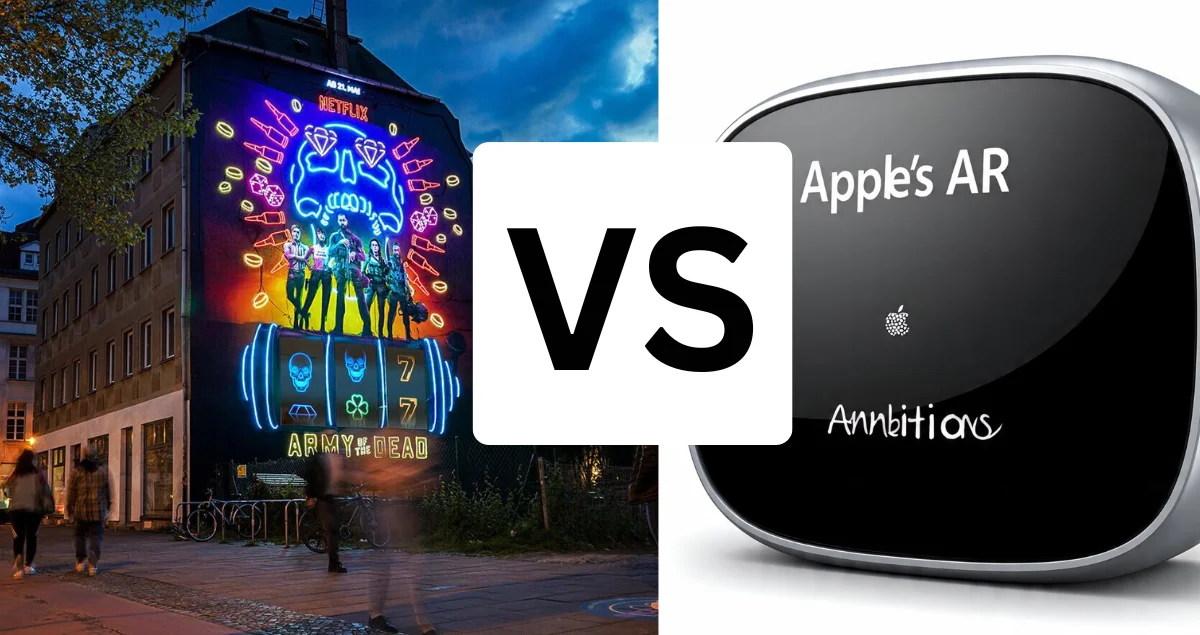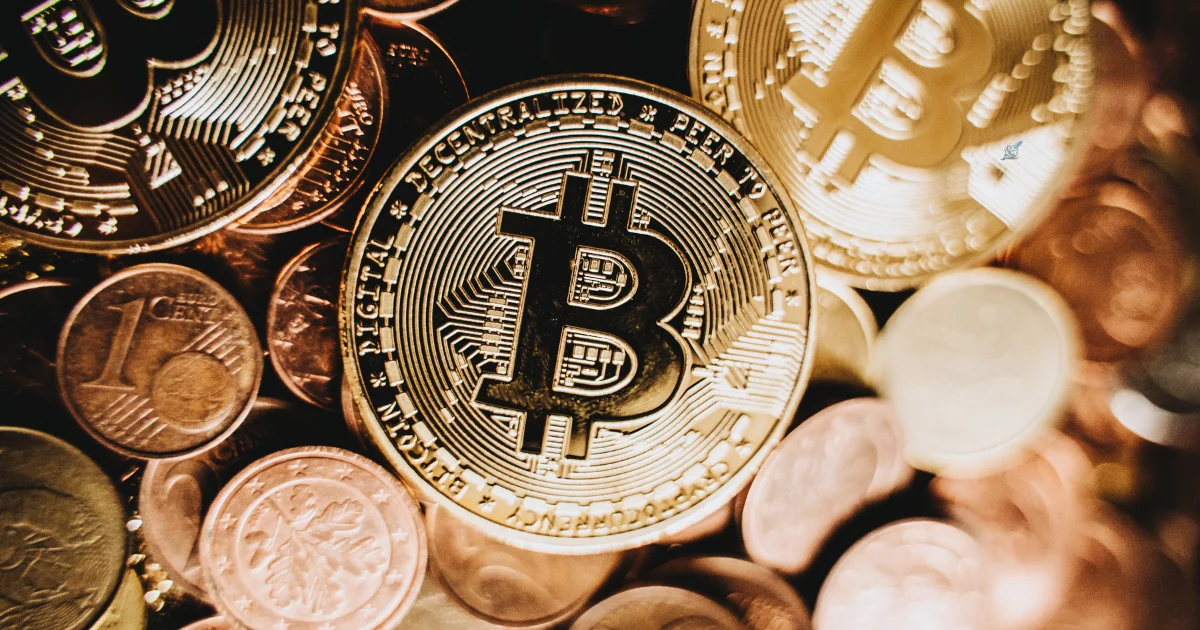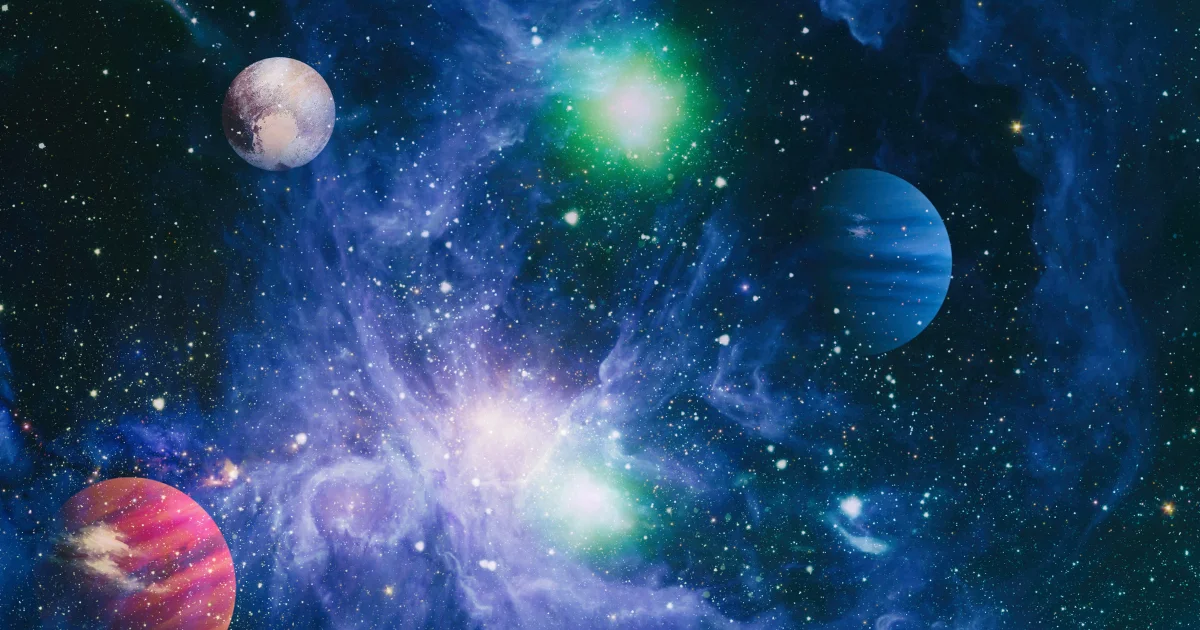Ramadan in Different Cultures: Global Traditions and Celebrations
Ramadan is a universal month of fasting, prayer, and reflection observed by Muslims around the world. While the core principles of Ramadan remain the same—abstaining from food and drink from dawn to sunset, increasing acts of worship, and practicing gratitude—the way it is celebrated varies beautifully across cultures. These unique traditions add richness to the month, showcasing the diversity of the global Muslim community. Let’s embark on a global exploration of Ramadan celebrations across various cultures.
Middle East: A Time of Generosity and Communication
In any Middle Eastern country, Ramadan is marked by a strong sense of community and hospitality. In Egypt, the streets come alive with colorful lanterns called fanoos, symbolizing hope and light. Families gather for lavish Iftar meals featuring traditional dishes like koshari and qatayef. Grand Iftar tents, gathering people from various backgrounds to break their fast, are a common sight in the Gulf countries. Charity is also a significant focus, with many organizing food drives and distributing meals to those in need.
SouthAsia: A Blend of Spirituality and Festivity
In countries like Pakistan, India, and Bangladesh, Ramadan is a time of deep spirituality mixed with cultural festivities. The pre-dawn meal, Sehri, is often accompanied by the sound of drummers walking through neighborhoods to wake people up. Iftar spreads are elaborate, featuring dishes like samosas, pakoras, and haleem. Families often compete to host the most generous Iftar gatherings, with mosques beautifully illuminated. The last ten nights of Ramadan, known as Laylat al-Qadr, are especially significant, with many spending the entire night in prayer.

Southeast Asia: A Month of Togetherness In Togetherness
The world’s largest Muslim-majority country, Ramadan is a time of togetherness and reflection. The bedug, a traditional drum, is sounded to signal the start of fasting and Iftar. Communities often organize buka bersama (group Iftar) events, and street vendors sell special Ramadan snacks like kolak (a sweet dessert) and es buah (fruit cocktail).
In Malaysia, bazaars pop up in every neighborhood, offering a wide variety of foods for Iftar. The month concludes with Hari Raya Aidilfitri, a festive celebration marked by open houses and family reunions.
Africa:Celebrating Faith and Culture
Across Culture celebrates Ramadan with a blend of faith and cultural traditions.
In Morocco, the sound of the nafir (a traditional horn) announces the start of the fasting day. Iftar often begins with dates and harira, a hearty soup made with lentils and chickpeas.
In Nigeria, communal Iftar meals are common, and mosques are filled with worshippers for Taraweeh prayers. In Somalia, families gather to break their fast with dishes like canjeero (flatbread) and sambusa (stuffed pastries). Eupastries).
Europe and North America Ameri: Adapting to Modern Life for Muslims
In many Eastern countries, Ramadan often necessitates the balancing of religious obligations with work or school schedules. Despite the challenges, communities come together to create a sense of belonging. Mosques host Iftar dinners, and local organizations often organize food drives and charity events. In cities like London and New York, multicultural Iftar events celebrate the diversity of the Muslim community, bringing people of different backgrounds together to share a meal.
A Shared Spirit of Unity
While the traditions may differ, the essence of Ramadan remains the same everywhere: a time for spiritual growth, self-discipline, and compassion. These cultural variations remind us that Islam is a global faith, adaptable to different contexts yet united in its core values. Whether it’s the lanterns of Egypt, the drummers of South Asia, or the bazaars of Malaysia, each tradition adds a unique flavor to the month, making Ramadan a truly universal celebration. As we celebrate, let’s take a moment to appreciate the beauty of these diverse traditions and the shared spirit of unity they represent. Faith and this holy month unite us as one Ummah, regardless of location. Ramadan Mubarak!
Conclusion
Ramadan is a month of practice. In conclusion, Muslims worldwide are united in their faith and devotion. While the core practices of fasting, prayer, and charity are universal, the cultural traditions that accompany Ramadan add a beautiful diversity to its observance. From the lantern-lit streets of Cairo to the bustling bazaars of Kuala Lumpur, each culture brings its own unique touch to this holy month. These traditions remind us that Islam is a global myth, adaptable to different contexts yet rooted in shared values. They also highlight the beauty of the Muslim Ummah—a community that is diverse yet united in its love for Allah and commitment to spiritual growth. As we celebrate Ramadan, let’s embrace the richness of these global traditions and reflect on the unity they represent. Whether we’re breaking our fast with dates and water or sharing a plate of samosas with loved ones, the spirit of Ramadan remains the same: a time for gratitude, reflection, and connection. May this Ramadan bring us closer to our faith and to each other, regardless of where we are in the world. Ramadan Mubarak
Frequently Asked Questions about
Why do traditions and customs vary across societies?
Local customs, history, and geography influence the celebrations. While the religious practices remain the same, cultural elements like food, music, and community events add unique flavors to the celebrations.
What are some of the foods eaten during Ramadan worldwide?
While everyone uses dates to break their fast, each region has its specialties. Examples include harira in Morocco, samosas in South Asia, kolak in Indonesia, and qatayef in the Middle East.
How do Muslims in non-Middle Eastern majority countries celebrate Ramadan?
Muslims in Western countries can adapt Ramadan by hosting community Iftars, organizing charity events, and balancing fasting with work or school. Mosques and Islamic centers play a key role in bringing people together.
What is the significance of this touch in the Middle Eastern Ramadan celebrations?
Light and hope are often associated with Ramadan in countries like Egypt. They add a festive atmosphere to the streets and homes.
How do Southeast Asian countries, such as Indonesia and Malaysia, celebrate Ramadan?
In Indonesia, the bedug drum signals Ramadan. In Indonesia, the bedug drum symbolizes the month of Ramadan, a period of fasting, during which communities gather for buka bersama, or group Iftar. In Malaysia, Ramadan bazaars offer a wide variety of foods, and the month ends with the festive Hari Raya Aidilfitri.
What is Laylat al-Qadr, and how is it celebrated globally?
It is believed to be the holiest night of Ramadan. Muslims worldwide spend it in prayer, Quran recitation, and reflection, often staying awake the entire night.
How can I learn more about Ramadan traditions in other cultures?
You can explore through books, documentaries, and cultures. You can also gain knowledge by interacting with Muslims from diverse backgrounds. Many online platforms and social media accounts also share insights about global Ramadan practices.




